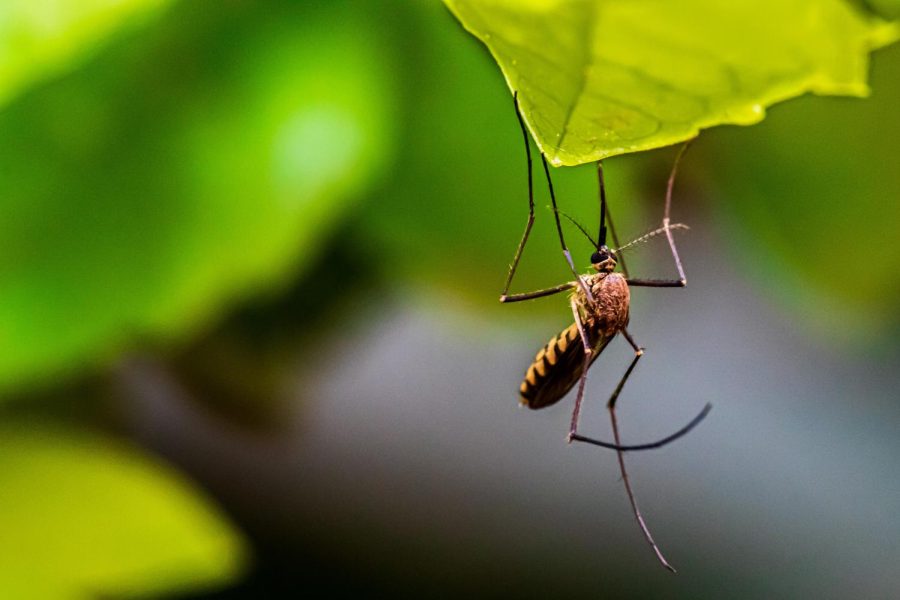The Effects of Global Climate Change on Mosquito-Borne Illnesses
Global climate affects all living things here on Earth. These changes typically involve endangerment, and sometimes even extinction, for many organisms. Mosquitoes, however, are one of the few species on this planet that benefit from the rapid rise in global temperatures.
According to distinguished Professor Steven Juliano and Associate Professor Barry Alto, higher temperatures lead to longer breeding seasons. As a consequence, reproduction rates for mosquitos rise exponentially.
Stanford biologist Erin Mordecai and her colleagues made an alarming prediction of climate change’s effect on the rapid spread of mosquitoes. They found that temperature changes control where mosquitoes migrate and how quickly mosquito-borne diseases spread, altering the location of disease transmission around the world.
“It’s coming for you, ” Mordecai said in an interview. “If the climate is becoming more optimal for transmission, it’s going to become harder and harder to do mosquito control.”
The opposite response is exhibited during the winter season, as the colder temperatures become too severe for mosquitoes. Because mosquitos are cold-blooded, they are unable to regulate their own body temperature during the freezing months of winter. This inhibits their breeding abilities, destroying their eggs in the process.
With any growth in the insect population comes an increase in the risk of mosquito-borne diseases. A 23-year study of several dengue fever reports across nine climatic regions demonstrates that there has been a drastic increase in the virus, not only in numbers but also in range. Because higher temperatures increase mosquito abundance, feeding activity, and survival, the rate of development of the pathogen within the mosquito also increases. Consequently, the incubation period, the time between ingestion of the pathogen and the mosquito becoming infectious, shortens.
The dengue virus is not the only mosquito-borne disease that has grasped our attention. Other diseases include malaria, yellow fever, Chikungunya virus, St. Louis encephalitis, West Nile virus, and the Zika virus.
While preparing for the spring and summertime, consider making a head start in implementing steps to control the prevalence of these mosquitoes. These can include eliminating standing water, stocking up on pest control spray, and setting up mosquito traps.
It is crucial to understand and forecast the spread of mosquito-borne illnesses around the world so that we are able to minimize these conditions as best we can when the weather gets warmer. This all serves as a reminder that the abundance of these species is only rising due to climate change.
Dorin is a junior at Harriton and is very excited to be a part of The Banner for her first year. She is thrilled to start writing for the Science and Tech...


